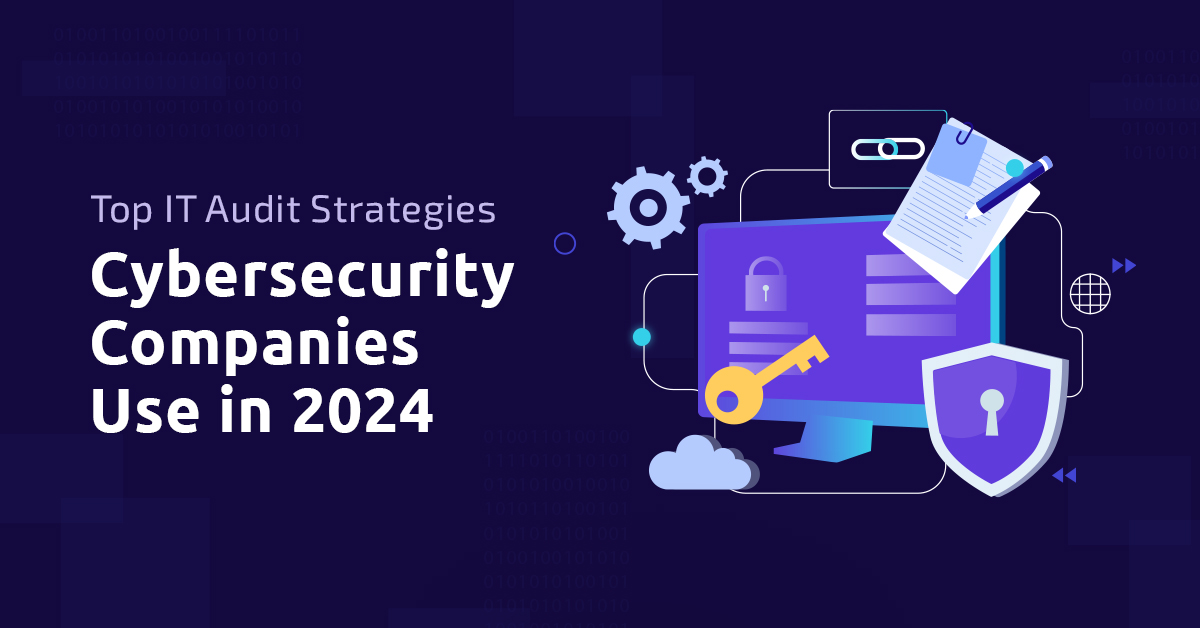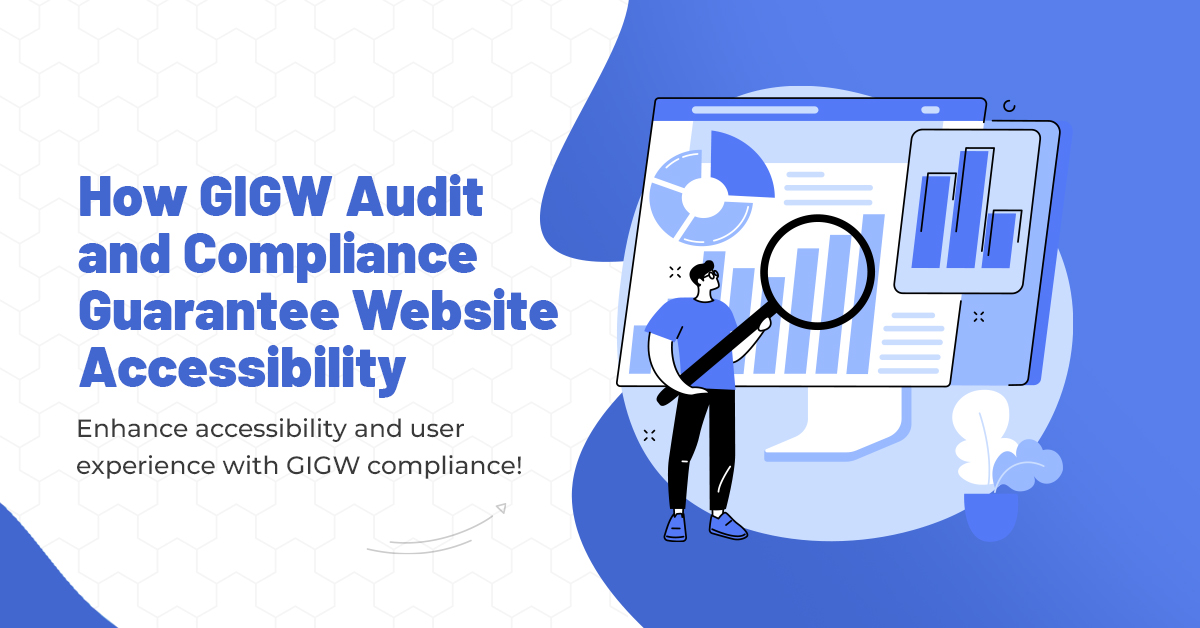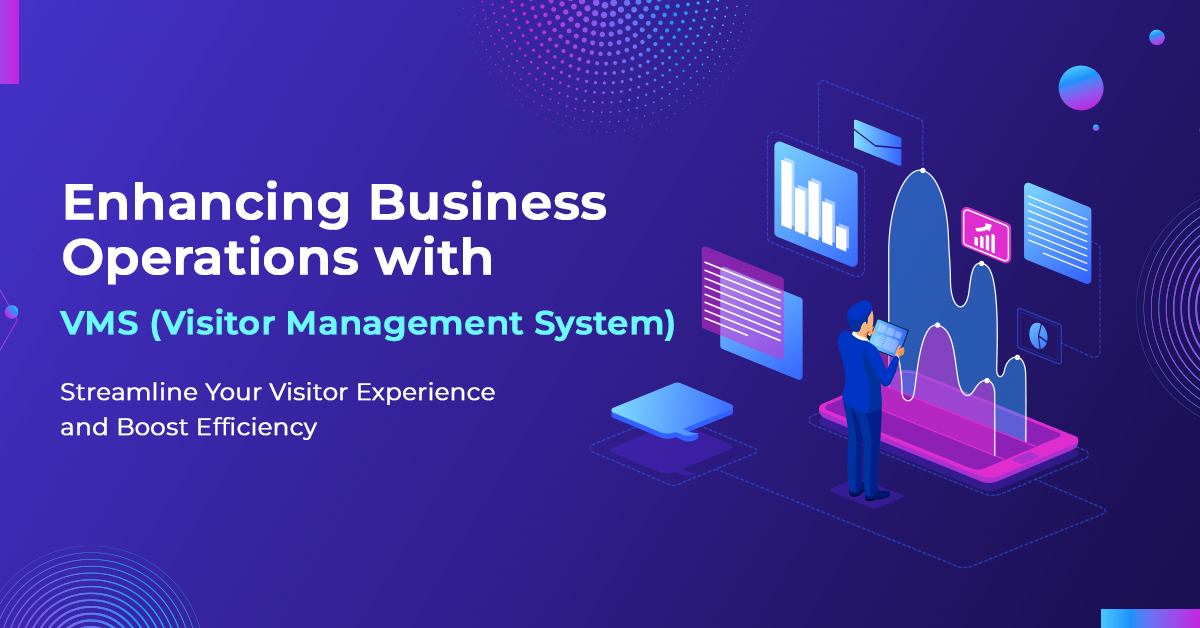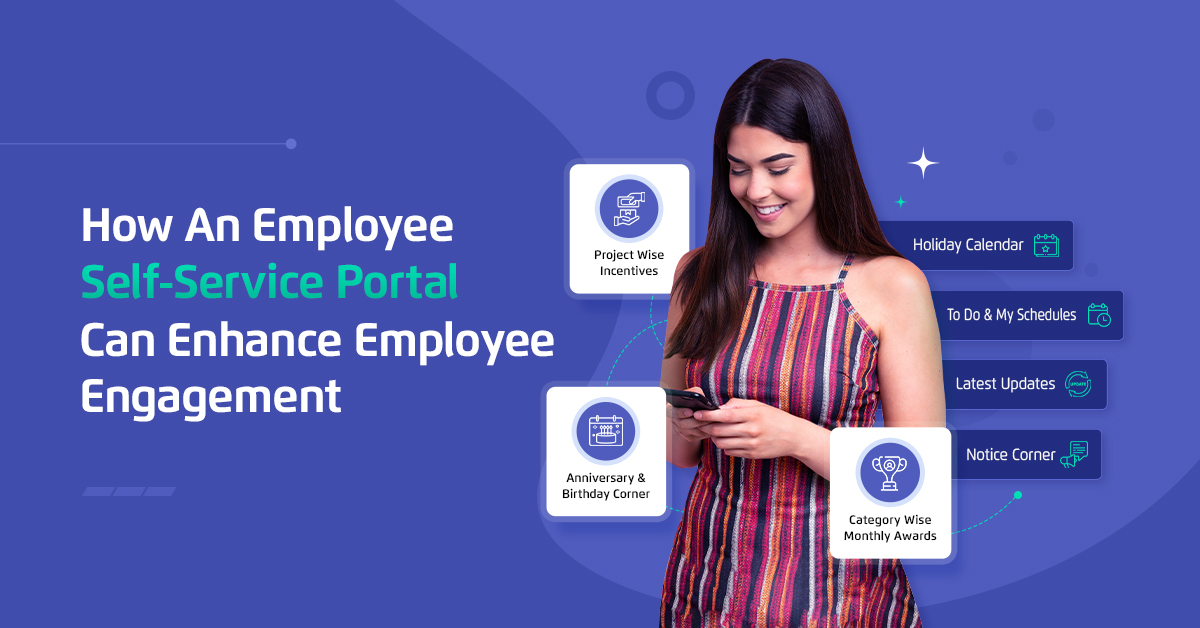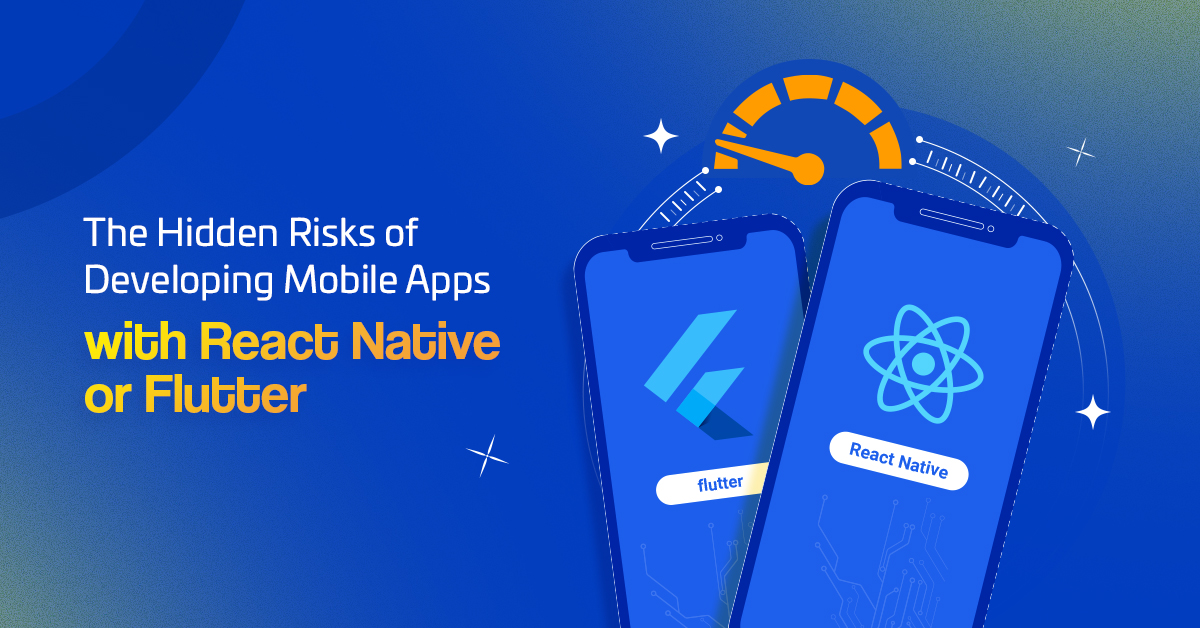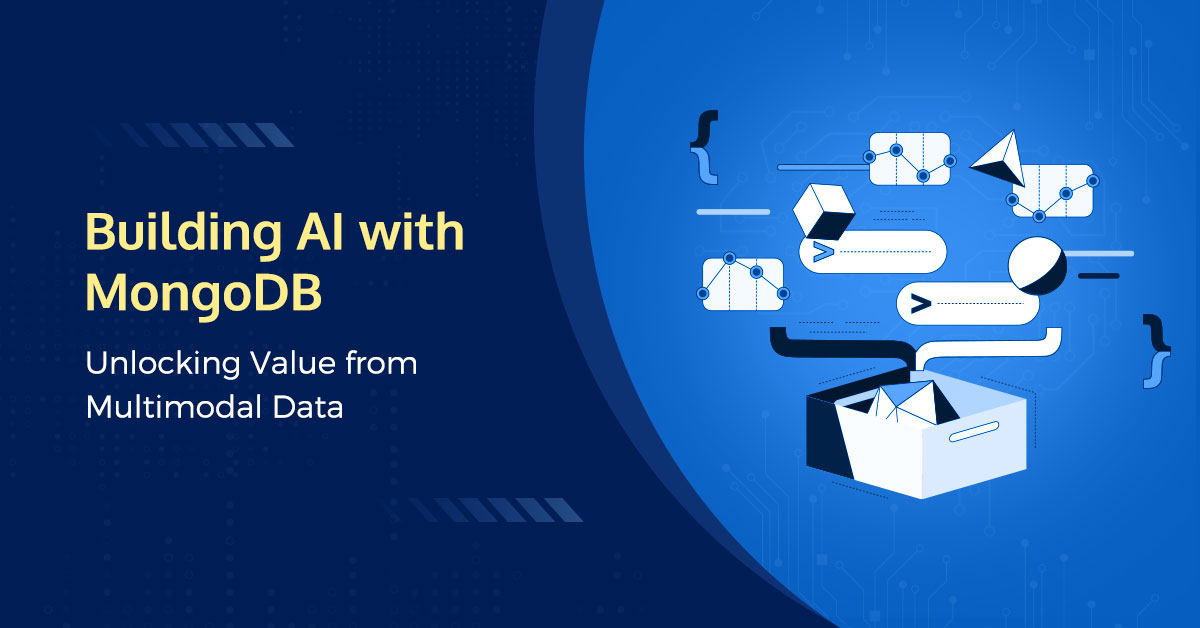
One of the most powerful capabilities of AI is its ability to learn, interpret, and create from input data of any shape and modality. This could be structured records stored in a database to unstructured text, computer code, video, images, and audio streams.
Vector embeddings are one of the key AI enablers in this space. Encoding our data as vector embeddings dramatically expands the ability to work with this multimodal data. We’ve gone from depending on data scientists training highly specialized models just a few years ago to developers today building general-purpose apps incorporating NLP and computer vision.
The beauty of vector embeddings is that data that is unstructured and therefore completely opaque to a computer can now have its meaning and structure inferred and represented via these embeddings. Using a vector store such as Atlas Vector Search means we can search and compute unstructured and multimodal data in the same way we’ve always been able to with structured business data. Now we can search for it using natural language, rather than specialized query languages.
Considering that 80%+ of the data that enterprises create every day is unstructured, we start to see how vector search combined with LLMs and generative AI opens up new use cases and revenue streams. In this latest round-up of companies building AI with MongoDB, we feature three examples who are doing just that.
The future of business data: Unlocking the hidden potential of unstructured data
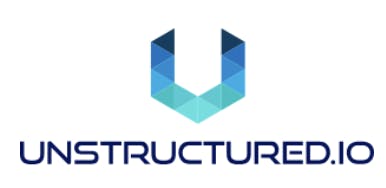
In today’s data-driven world, businesses are always searching for ways to extract meaningful insights from the vast amounts of information at their disposal. From improving customer experiences to enhancing employee productivity, the ability to leverage data enables companies to make more informed and strategic decisions. However, most of this valuable data is trapped in complex formats, making it difficult to access and analyze.
That’s where Unstructured.io comes in. Imagine an innovative tool that can take all of your unstructured data – be it a PDF report, a colorful presentation, or even an image – and transform it into an easily accessible format. This is exactly what Unstructured.io does. They delve deep, pulling out crucial data, and present it in a simple, universally understood JSON format. This makes your data ready to be transformed, stored and searched in powerful databases like MongoDB Atlas Vector Search.
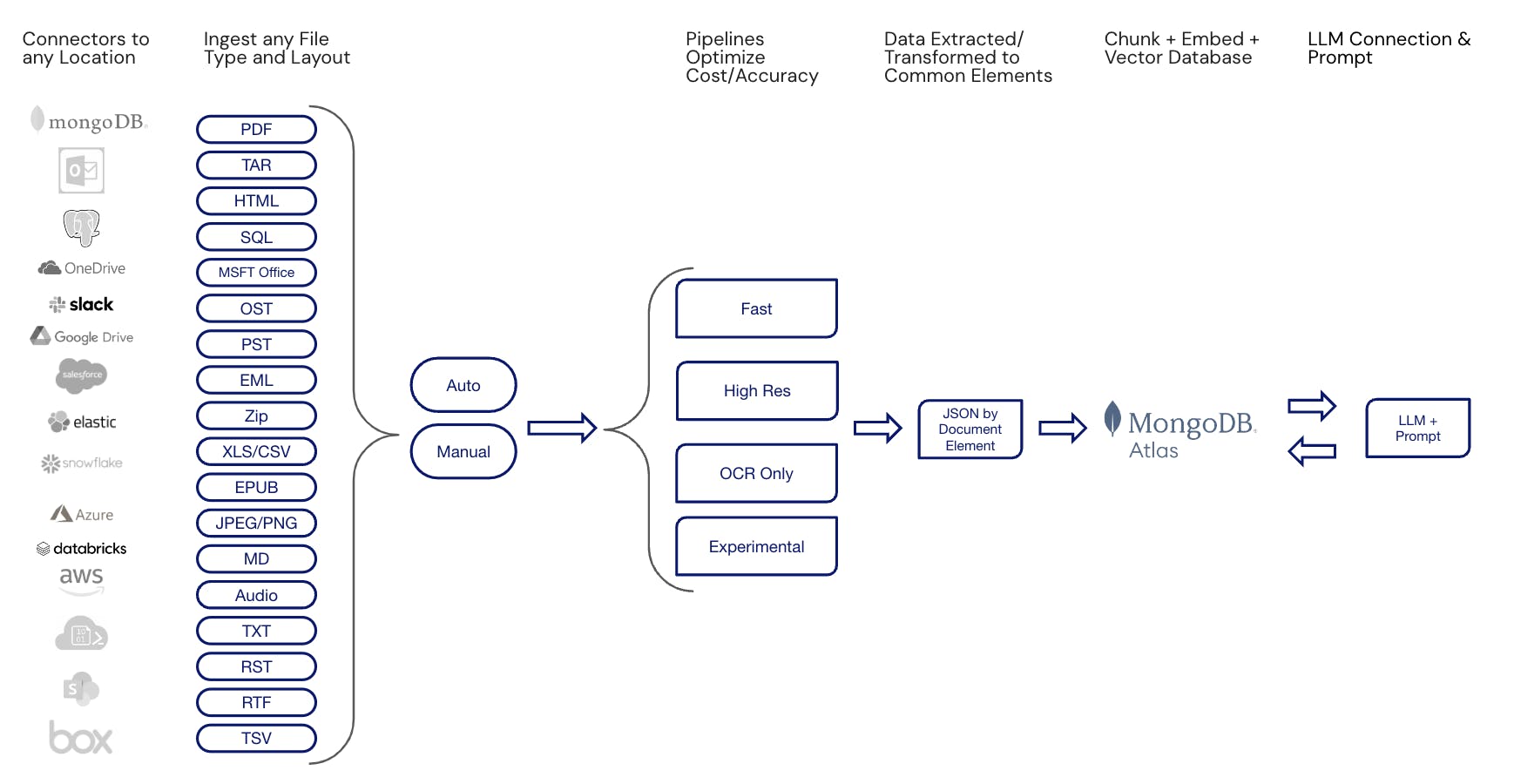
What does this mean for your business? It’s simple. By automating the data extraction process, you can quickly derive actionable insights, offering enhanced value to your customers and improving operational efficiencies.
Unstructured also offers an upcoming image-to-text model. This provides even more flexibility for users to ingest and process nearly any file containing natural language data. And, keep an eye out for notable upgrades in table extraction – yet another step in ensuring you get the most from your data.
Unstructured.io isn’t just a tool for tech experts. It’s for any business aiming to understand their customers better, seeking to innovate, and looking to stay ahead in a competitive landscape. Unstructured’s widespread usage is a testament to its value – with over 1.5 million downloads and adoption by thousands of enterprises and government organizations.
Brian Raymond, the founder and CEO of Unstructured.io, perfectly captures this synergy, saying, “As the world’s most widely used natural language ingestion and preprocessing platform, partnering with MongoDB was a natural choice for us. This collaboration allows for even faster development of intelligent applications. Together, we’re paving the way businesses harness their data.”
MongoDB and Unstructured.io are bridging the gap between data and insights, ensuring businesses are well-equipped to navigate the challenges of the digital age. Whether you’re a seasoned entrepreneur or just starting, it’s time to harness the untapped potential of your unstructured data.
Visit Unstructured.io to get started with any of their open-source libraries. Or join Unstructured’s community Slack and explore how to seamlessly use your data in conjunction with large language models.
Making sense of complex contracts with entity extraction and analysis
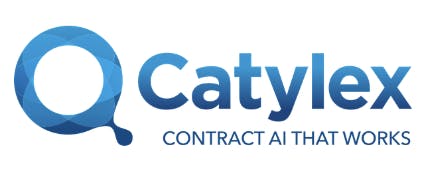
Catylex is a revolutionary contract analytics solution for any business that needs to extract and optimize contract data. The company’s best-in-class contract AI automatically recognizes thousands of legal and business concepts out-of-the-box, making it easy to get started and quickly generate value. Catylex’s AI models transform wordy, opaque documents into detailed insights revealing rights, obligations, risks, and commitments associated with the business, its suppliers, and customers. The insights generated can be used to accelerate contract review and to feed operational and risk data into core business systems (CLMs, ERPs, etc.) and teams.
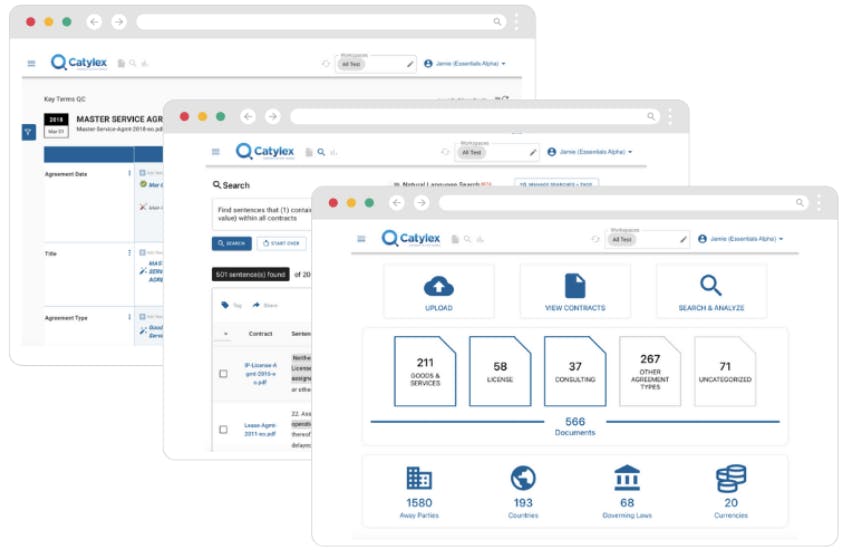
Documents are processed using Catylex’s proprietary extraction pipeline that uses a combination of various machine learning/NLP techniques (custom Named Entity Recognition, Text Classification) and domain expert augmentation to parse documents into an easy-to-query ontology. This eliminates the need for end users to annotate data or train any custom models. The application is very intuitive and provides easy-to-use controls to Quality Check the system-extracted data, search and query using a combination of text and concepts, and generate visualizations across portfolios. You can try all of this for free by signing up for the “Essentials” version of Catylex.
Catylex leverages a suite of applications and features from the MongoDB Atlas developer data platform. It uses the MongoDB Atlas database to store documents and extract metadata due to its flexible data model and easy-to-scale options, and it uses Atlas Search to provide end users with easy-to-use and efficient text search capabilities. Features like highlighting within Atlas Search add a lot of value and enhance the user experience. Atlas Triggers are used to handle change streams and efficiently relay information to various parts within the Catylex application to make it event-driven and scalable.
Catylex is actively evaluating Atlas Vector Search. Bringing together vector search alongside keyword search and database in a single, fully synchronized, and flexible storage layer, accessed by a single API, will simplify development and eliminate technology sprawl.
Being part of the MongoDB AI Innovators Program gives Catylex’s engineers direct access to the product management team at MongoDB, helping to share feedback and receive the latest product updates and best practices. The provision of Atlas credits reduces the costs of experimenting with new features. Co-marketing initiatives help build visibility and awareness of the company’s offerings.
Harness Generative AI with observed and dark data for customer 360
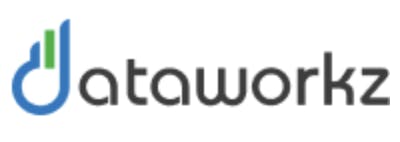
Dataworkz enables enterprises to harness the power of LLMs with their own proprietary data for customer applications. The company’s products empower businesses to effortlessly develop and implement Retrieval-Augmented Generation (RAG) applications using proprietary data, utilizing either public LLM APIs or privately hosted open-source foundation models.
The emergence of hallucinations presents a notable obstacle in the widespread adoption of Gen AI within enterprises. Dataworkz streamlines the implementation of RAG applications enabling Gen AI to reference its origins, consequently enhancing traceability. As a result, users can easily use conversational natural language to produce high-quality, LLM-ready, customer 360 views powering chatbots, Question-Answering systems, and summarization services.
Dataworkz provides connectors for a vast array of customer data sources. These include back-office SaaS applications such as CRM, Marketing Automation, and Finance systems. In addition, leading relational and NoSQL databases, cloud object stores, data warehouses, and data lake houses are all supported.
Dataflows, aka composable AI-enabled workflows, are a set of steps that users combine and arrange to perform any sort of data transformation – from creating vector embeddings to complex JSON transformations. Users can describe data wrangling tasks in natural language, have LLMs orchestrate the processing of data in any modality, and merge it into a “golden” 360-degree customer view.
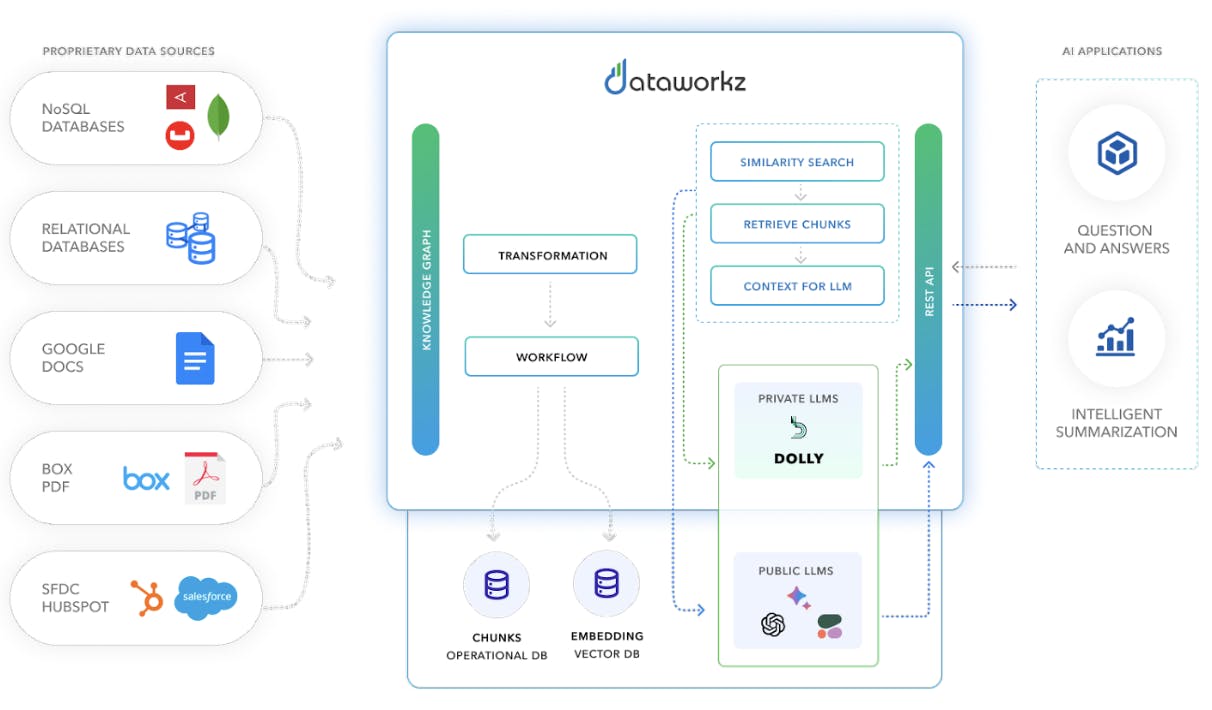
MongoDB Atlas is used to store the source document chunks for this customer’s 360-degree view and Atlas Vector Search is used to index and query the associated vector embeddings. The generation of outputs produced by the customer’s chosen LLM is augmented with similarity search and retrieval powered by Atlas. Public LLMs such as OpenAI and Cohere or privately hosted LLMs such as Databricks Dolly are also available.
The integrated experience of the MongoDB Atlas database and Atlas Vector Search simplifies developer workflows. Dataworkz has the freedom and flexibility to meet their customers wherever they run their business with multi-cloud support.
For Dataworkz, access to Atlas credits and the MongoDB partner ecosystem are key drivers for becoming part of the AI Innovators program.
What’s next?
If you are building AI-enabled apps on MongoDB, sign up for our AI Innovators Program. We’ve had applicants from all industries building for a huge diversity of new use cases. To get a flavor, take a look at earlier blog posts in this series:
- Building AI with MongoDB: First Qualifiers includes AI at the network edge for computer vision and augmented reality; risk modeling for public safety; and predictive maintenance paired with Question-Answering systems for maritime operators.
- Building AI with MongoDB: Compliance to Copilots features AI in healthcare along with intelligent assistants that help product managers specify better products and help sales teams compose emails that convert 2x higher.
Finally, check out our MongoDB for Artificial Intelligence resources page for the latest best practices that get you started in turning your idea into AI-driven reality.

